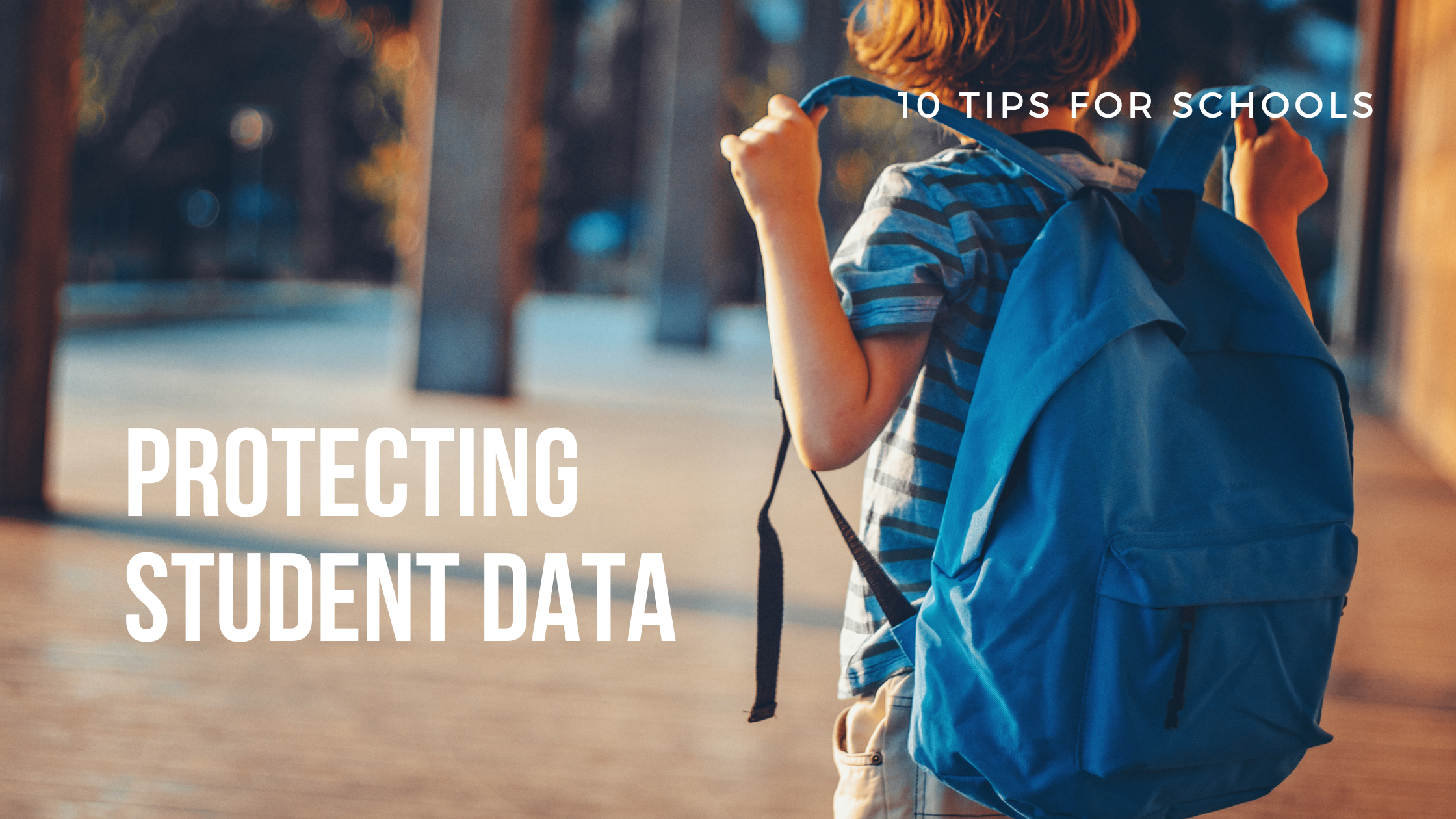Empowering Tomorrow's Cybersecurity Leaders
In the dynamic landscape of cybersecurity education, CyberUp’s PowerUp youth program stands as a beacon for young minds eager to explore the world of online safety. PowerUp youth program is a transformative initiative designed to provide a fun, free, and hands-on experience for students. Through engaging activities, the program empowers participants to understand the intricacies of the Internet and equips them with crucial knowledge on staying safe in the digital realm. By partnering with cybersecurity experts and local schools, PowerUp encourages students to think critically about their online presence while introducing them to the idea of cybersecurity as a career.
CyberUp’s PowerUp youth program, which seeks to eliminate barriers that would normally keep some students from receiving this essential information, could not exist without sponsors who believe in our mission. Today, we’d like to highlight two of our amazing sponsors: PwC and Maryville University.
PwC: Catalysts for Innovation and Learning
PricewaterhouseCoopers (PwC) a global leader in professional services, plays a pivotal role in the success of the PowerUp initiative. Beyond financial contributions, PwC employees have volunteered their time to share their expertise and experience with the young people in our program.
"PwC US supports the PowerUp youth education program for its ongoing impact in bringing awareness to youth around the cybersecurity space,” said Rik Boren, Partner at PwC. “Providing cybersecurity information and skills can help shape their education and future career opportunities, potentially in cybersecurity. By investing in this program, we are hopeful that we can help increase interest in cybersecurity topics with youth in underserved communities. Introducing cybersecurity skills today is investing in their future -- to develop and grow skills that are marketable for their future careers, help address the cybersecurity skills shortfall, and help the future security of the world."
Maryville University: Commitment to Academic Excellence
Maryville University brings its dedication to academic excellence to the PowerUp youth program through its generous sponsorship. Their commitment to improving the lives of St. Louis citizens through education is the type of mission that we at CyberUp love to collaborate with. Students can’t enter a career field they know nothing about, which is why it’s essential to introduce them to these pathways as early as possible so that they can make informed decisions about their future.
“Maryville University's sponsorship of the PowerUp youth program directly correlates with our strategic plan, access & opportunity for all, especially our youth,” explains Brian Gant, Assistant Dean of Technology at Maryville University.
Program Reach and Impact:
Thanks to the generous support of PwC and Maryville University, CyberUp’s PowerUp youth program has successfully reached over 250 students in the St. Louis area since October 2023. The program's hands-on approach and the sponsorship's commitment to education and mentorship have left a lasting impact on young minds, preparing them for a future where cybersecurity plays a crucial role.
If you would like CyberUp to visit your elementary or middle school and participate in our free program, you can find more information about it here: https://wecyberup.org/powerup. Additionally, if you're passionate about helping our youth become more cyber-aware and would like to volunteer with us, you can learn more about volunteer opportunities here: https://wecyberup.org/volunteer/.

.png)
.png)




